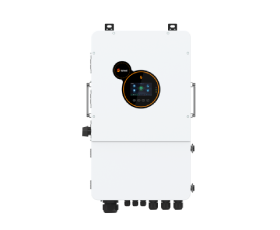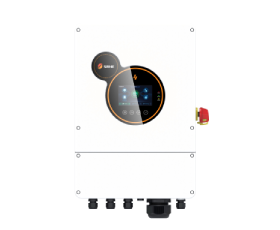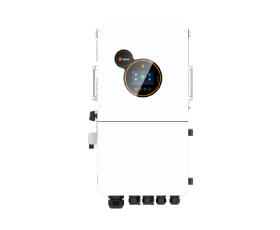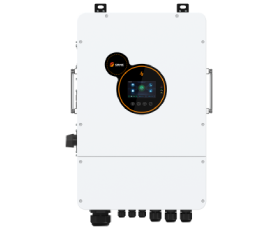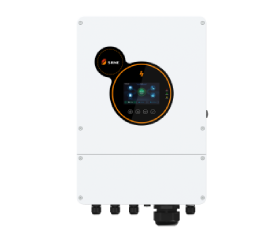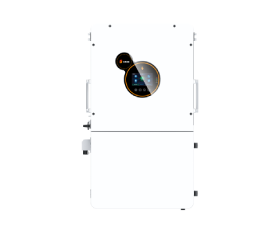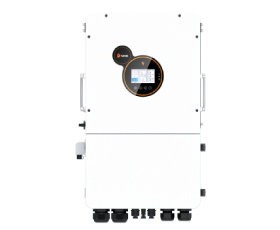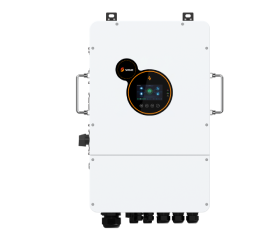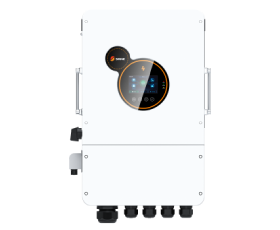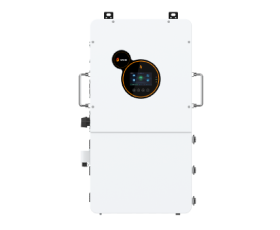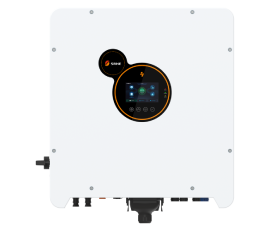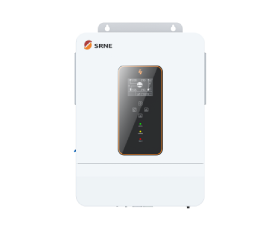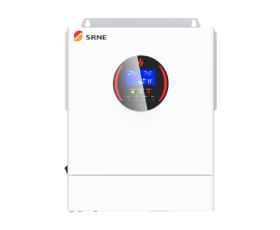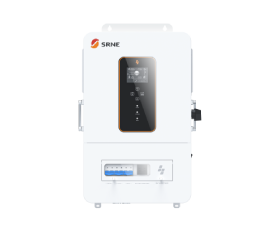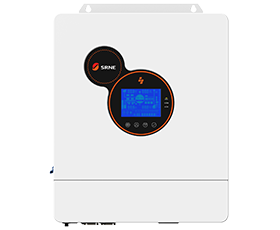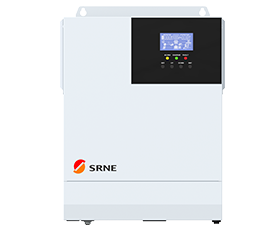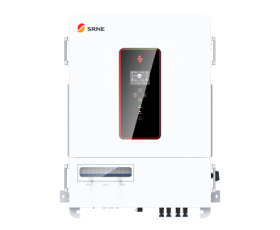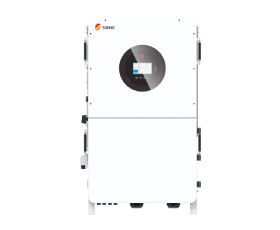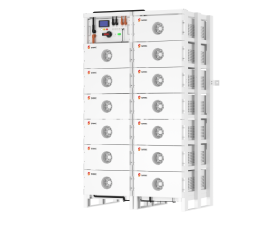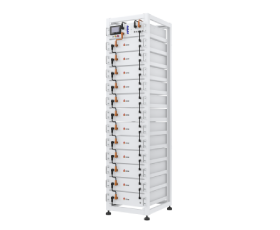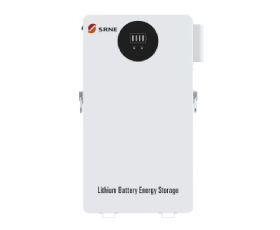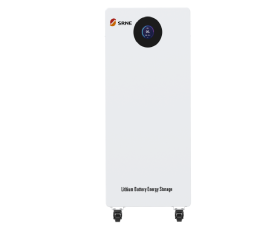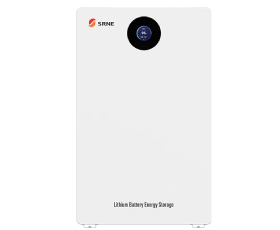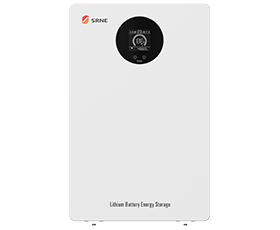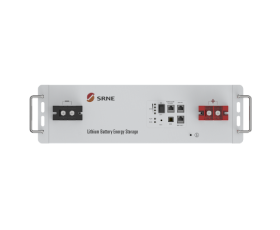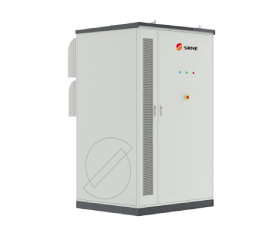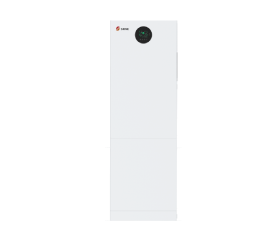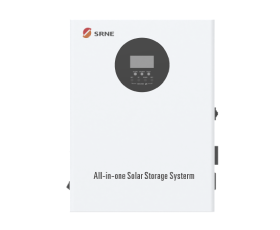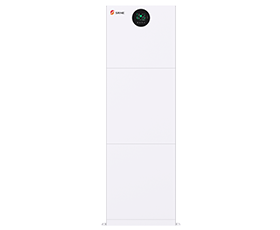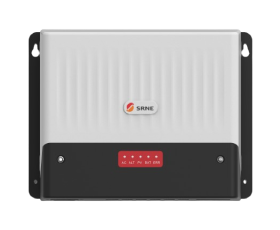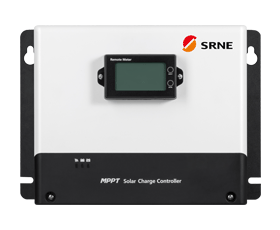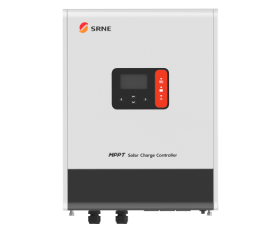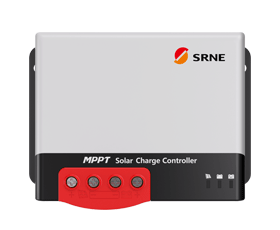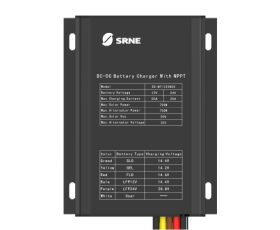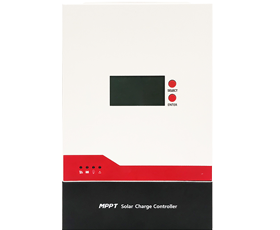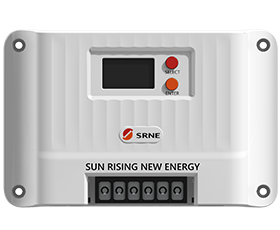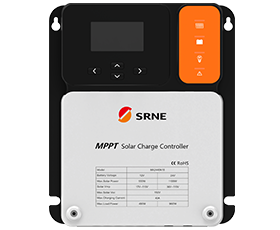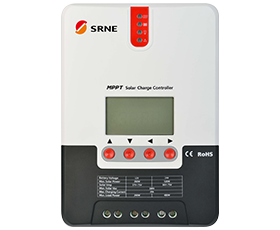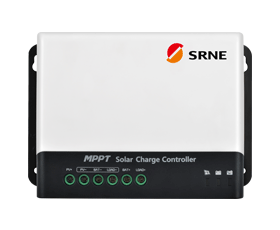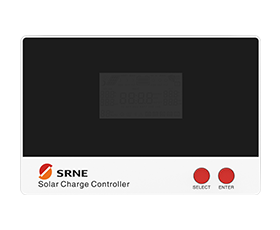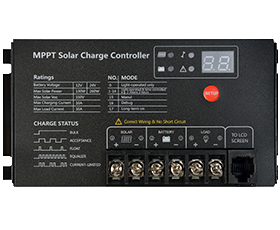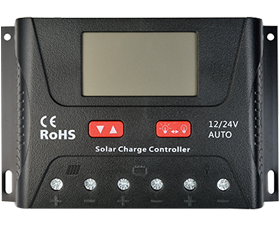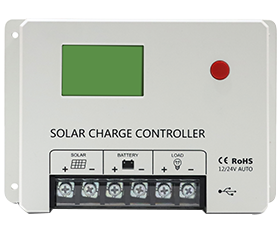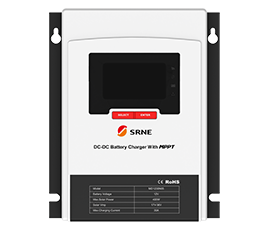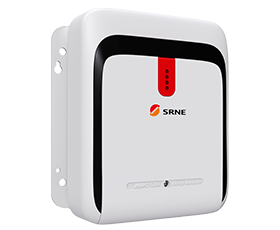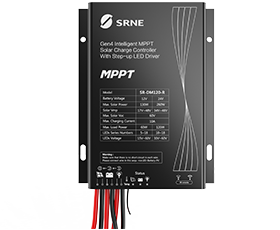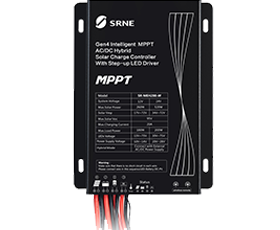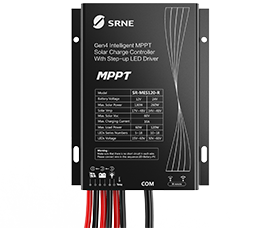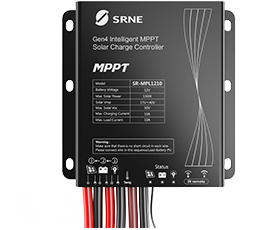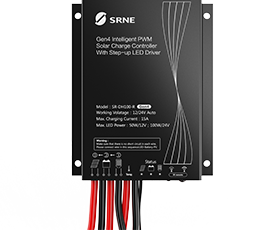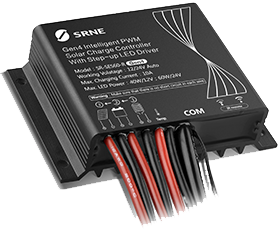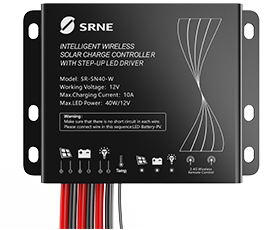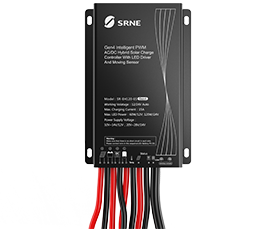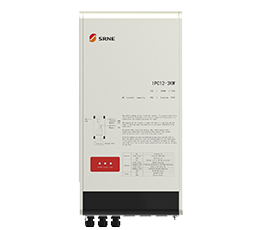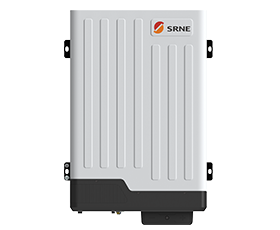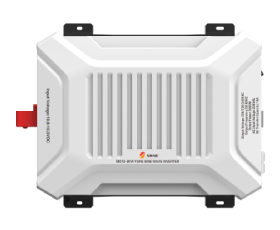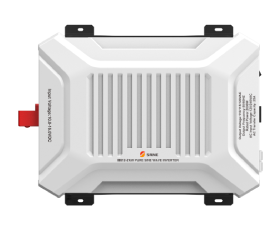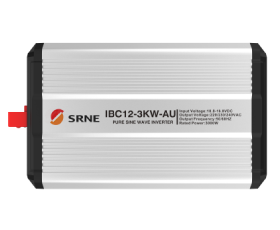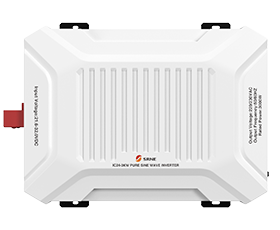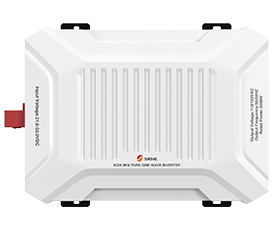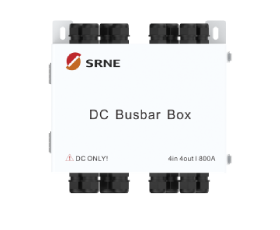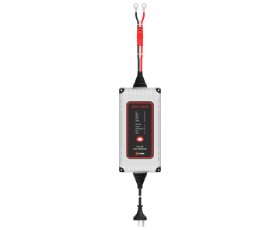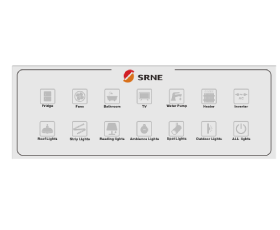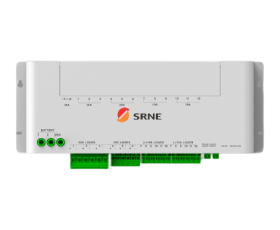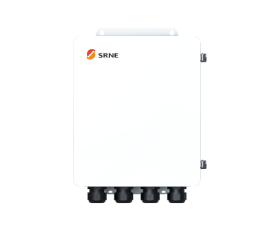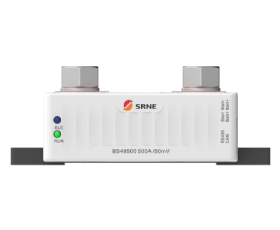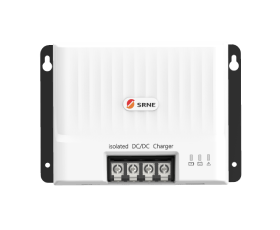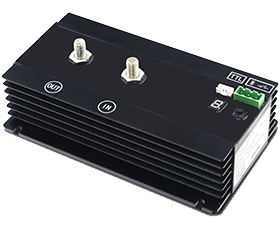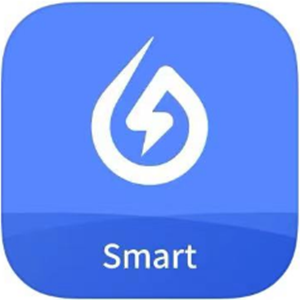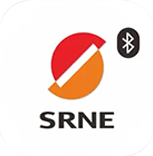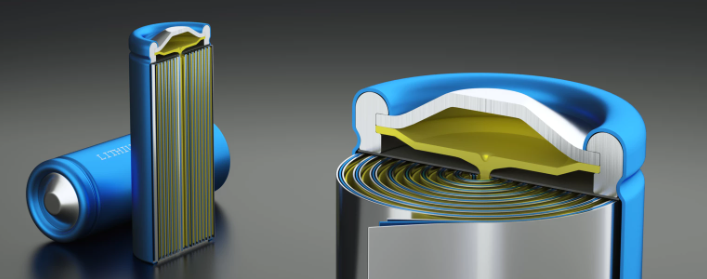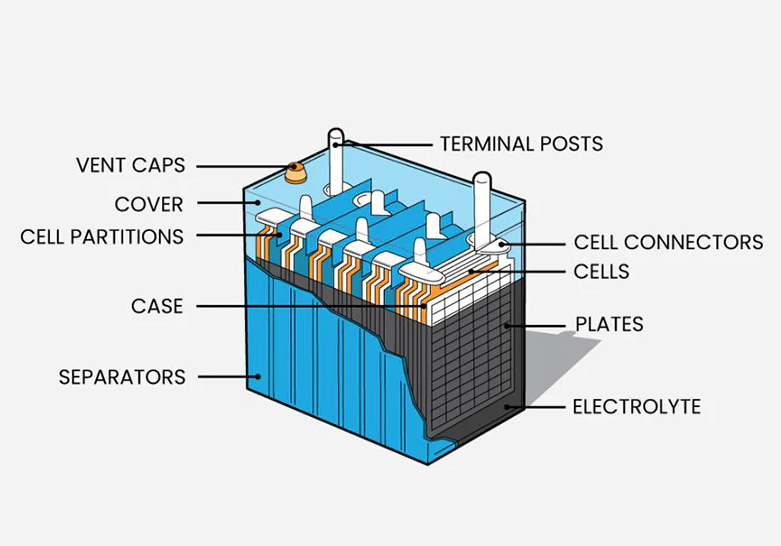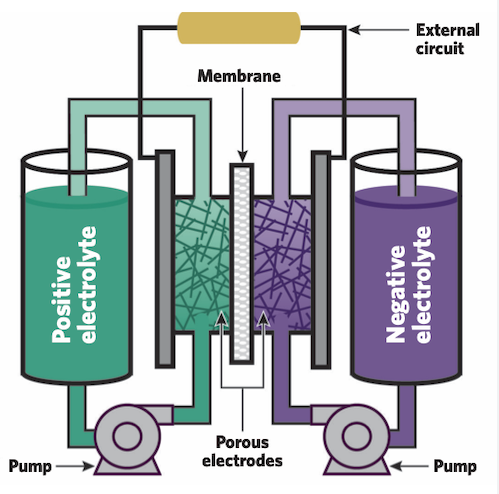Understanding the Different Types of Home Battery Energy Storage Systems
As energy demands grow and renewable energy becomes a bigger part of our lives, many homeowners are looking to optimize their energy usage with a home battery energy storage system. Choosing the right system can be daunting, given the numerous technologies available, each with its own strengths and weaknesses. In this article, we will delve into the different types of home battery energy storage systems—focusing on lithium-ion, lead-acid, and flow batteries—highlighting their benefits, drawbacks, and ideal use cases. A comparison chart is also provided for easy reference.
Lithium Iron Phosphate Batteries
Lithium-ion batteries are currently the most popular choice for home energy storage. They are widely used due to their high energy density, long lifespan, and efficiency. Lithium-ion batteries are particularly well-suited for homes with solar panels, providing a convenient way to store excess solar energy for use at night or during cloudy periods.
Benefits:
High energy density, allowing for compact storage.
Long lifespan, with many models offering over 10 years of service.
High efficiency, meaning minimal energy loss during charge and discharge.
Drawbacks:
Higher upfront cost compared to other battery types.
Sensitivity to high temperatures, which may require additional cooling.
Best Use Cases:
Homes with solar installations.
Households that want reliable backup power and value high efficiency.
SRNE High-Voltage Battery Stacks: The SRNE EVH Battery Stacks series is an excellent example of lithium iron phosphate batteries, providing high energy density and reliability for home energy storage. With capacities ranging from 7.5 kWh to 20 kWh, these stacks offer a durable solution for homeowners looking to optimize their renewable energy usage. They feature advanced safety measures such as automatic fire extinguishing and IP65 waterproof protection, making them a secure choice for residential applications. You can learn more about the SRNE HV Battery Stacks here.
Lead-Acid Batteries
Lead-acid batteries are a more traditional choice and have been used in energy storage for decades. They are often favored for their affordability, making them accessible for homeowners on a budget. While not as advanced as lithium iron phosphate batteries, lead-acid batteries can still be an effective option for short-term or backup energy storage.
Benefits:
Low initial cost, making them a budget-friendly choice.
Reliable technology that has been used for years.
Drawbacks:
Shorter lifespan compared to lithium iron phosphate batteries.
Lower energy density, which means they require more space.
Less efficient, with greater energy loss during charge and discharge cycles.
Best Use Cases:
Budget-conscious homeowners seeking an entry-level energy storage solution.
Applications where space is not a major constraint.
Flow Batteries
Flow batteries are an emerging technology in the home energy storage market. Unlike traditional batteries, flow batteries store energy in liquid electrolytes, making them highly scalable. Their main advantages are longevity and stability, but they are currently less common in residential applications due to their size and cost.
Benefits:
Long lifespan with little to no degradation over time.
Scalable capacity, which means they can be tailored to different energy needs.
Drawbacks:
High initial cost, which can be a barrier for residential users.
Large physical footprint, requiring significant space for installation.
Best Use Cases:
Homes with large energy demands.
Homeowners interested in future-proofing their energy storage for scalability.
Comparison Chart: Home Battery Energy Storage Systems
Battery Type | Energy Density | Lifespan | Efficiency | Cost | Best For |
lithium iron phosphate battery | High | 10+ years | High | Higher upfront | Solar-powered homes, efficiency |
Lead-Acid | Low | 3-5 years | Moderate | Budget-friendly | Backup power, affordability |
Flow Batteries | Moderate | 20+ years | Moderate | High | Scalability, long-term storage |
Choosing the Right Home Battery Energy Storage System
Selecting the right home battery energy storage system depends on your energy needs, budget, and future plans. Lithium-ion batteries are great if you want a compact and highly efficient solution, while lead-acid batteries are ideal if you’re looking for an affordable backup option. Flow batteries are a promising choice if you're interested in scalability and long-term stability. Evaluating these factors will help ensure that your energy storage solution is a good match for your home and lifestyle.
Conclusion
Home battery energy storage systems are a smart investment for maximizing the use of renewable energy and enhancing energy independence. By understanding the pros and cons of different battery types, you can make an informed decision that best suits your needs. Whether you're leaning toward lithium-ion, lead-acid, or flow batteries, each technology has unique benefits that cater to different situations. Use the comparison chart to guide your decision and find the perfect fit for your home energy storage needs.
If you're considering a reliable and efficient lithium iron phosphate battery for your home, the SRNE EVH Battery Stacks series is an excellent option. With capacities ranging from 7.5 kWh to 20 kWh and features like IP65 waterproof protection and advanced safety measures, these battery stacks offer a durable and scalable solution for modern energy storage needs.




















